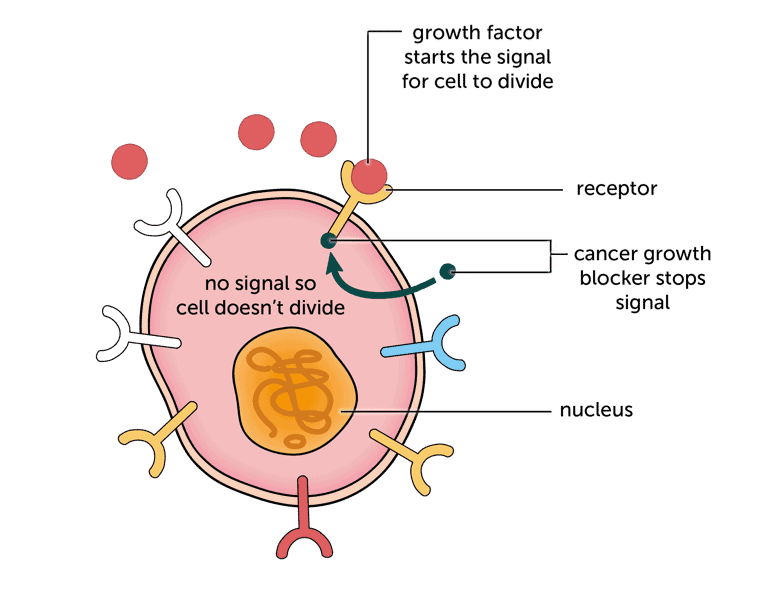- CANCER HELPLINE: 1800-22-1951
- 91 7317418888
- contact@drharshatreya.com
- CANCER HELPLINE: 1800-22-1951
carousel-slider domain was triggered too early. This is usually an indicator for some code in the plugin or theme running too early. Translations should be loaded at the init action or later. Please see Debugging in WordPress for more information. (This message was added in version 6.7.0.) in /home/locaqain/public_html/drharshatreya/wp-includes/functions.php on line 6131
Targeted therapies also include angiogenesis inhibitors, which prevent the formation of new blood vessels that tumors need to grow. By cutting off their blood supply, these drugs can starve the tumor. Bevacizumab (Avastin) is one such drug used in various cancers, including colorectal and lung cancer.
Monoclonal antibodies are another type of targeted therapy. These lab-made molecules can bind to specific targets on cancer cells. For example, rituximab (Rituxan) targets the CD20 protein on B cells and is used to treat certain types of lymphoma.
Signal transduction inhibitors block the signals that tell cancer cells to grow and divide. Drugs like erlotinib (Tarceva) target the epidermal growth factor receptor (EGFR) in non-small cell lung cancer, helping to slow down the disease.
Targeted therapies are a cornerstone of precision medicine, which tailors treatment to the individual characteristics of each patient’s cancer. This personalized approach not only improves the effectiveness of treatment but also enhances the quality of life for patients by reducing side effects.
In summary, cancer targeted therapies represent a significant advancement in oncology, offering more effective and less toxic treatment options. By focusing on the specific mechanisms that drive cancer growth, these therapies provide hope for better outcomes and a brighter future for patients battling cancer.
© 2024 Harshvardhan Atreya. All Rights Reserved.